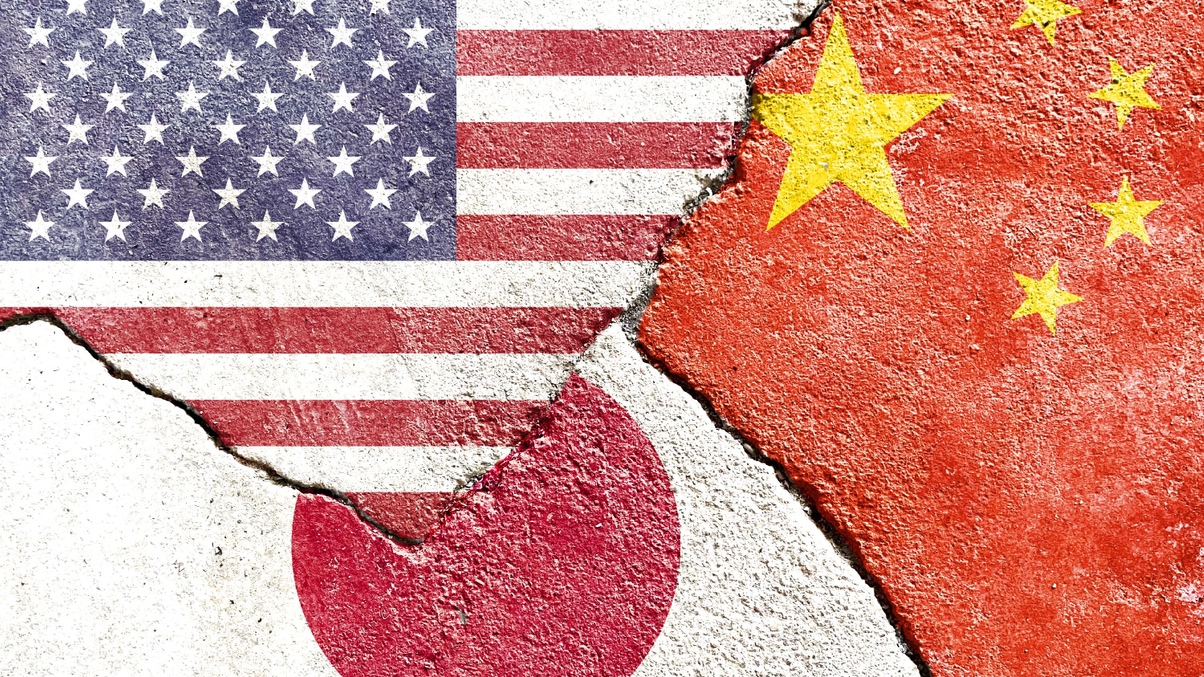Politics plays a role in GPIF’s rejection of Chinese Govt Bonds
Experts believe the Japanese pension fund’s decision will have limited impact on global investors’ appetite for China sovereign papers, and any impact would be felt more in Japan’s public sector.

The political tension between China and Japan cannot be dismissed when it comes to the decision behind the world’s largest pension fund to shun Chinese government bonds, according to some experts.
Sign in to read on!
Registered users get 2 free articles in 30 days.
Subscribers have full unlimited access to AsianInvestor
Not signed up? New users get 2 free articles per month, plus a 7-day unlimited free trial.
¬ Haymarket Media Limited. All rights reserved.


